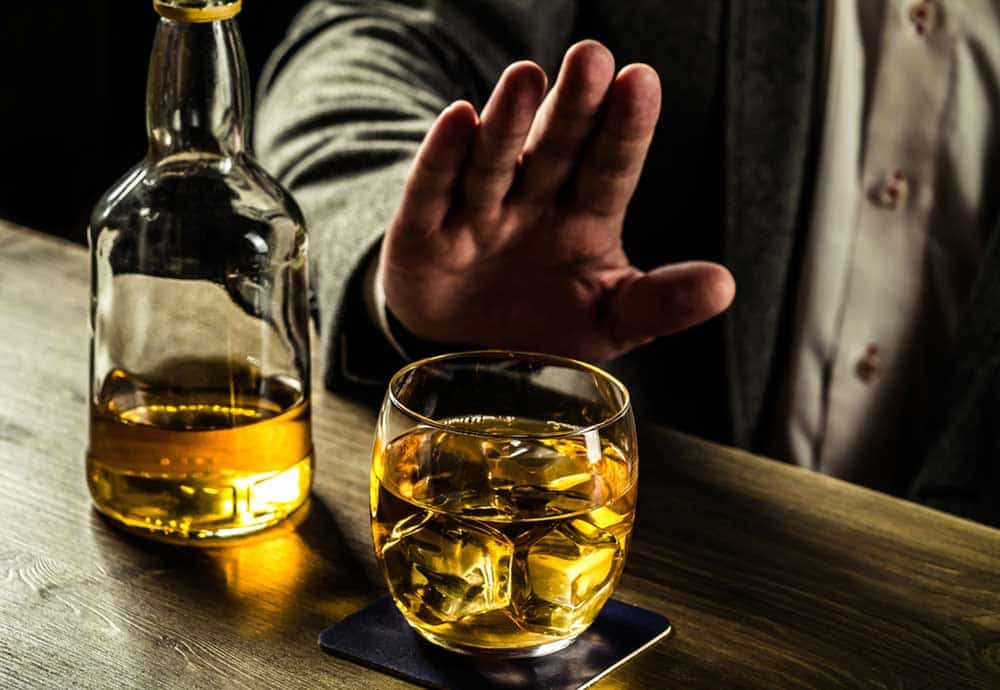Depression affects the way people think, feel and respond. It can also impact the physical health and other aspects of one’s life. Depression is treatable, though the treatment may depend on the exact type a person is living with. Following are the most commonly used for DEPRESSION TREATMENT.
DEPRESSION TREATMENT:
MEDICATION
There are different medications that can help to reduce depression. Here are few classes of medication that are commonly used.
- Selective Serotonin Reuptake Inhibitors (SSRIs)
- Selective Serotonin and Norepinephrine Reuptake Inhibitors (SNRIs)
- Norepinephrine and Dopamine Reuptake Inhibitors (NDRIs)
- Monoamine Oxidase Inhibitors (MAOIs) and
- Tricyclic Antidepressants
Antidepressants can help to treat moderate to severe depression. One should take these medicines according to the prescription of doctor. It should be kept in mind people must consult with a doctor whenever want to continue or stop taking the medication.
Is There Any Side Effect of Taking Medication?
Medications can have side effects as well. By taking Selective Serotonin Reuptake Inhibitors (SSRIs) and Selective Serotonin and Norepinephrine Reuptake Inhibitors (SNRIs) a person may experience nausea, constipation, low sugar level, diarrhea, weights loss or gain. Whereas the medicine Norepinephrine and Dopamine Reuptake Inhibitors (NDRIs) cause headache, trouble in sleep and dizziness which generally go within one to two weeks.
PSYCHOTHERAPY or ‘’TALKING THERAPY’’
Psychotherapy is also called “talking therapy.” There are numerous approaches to psychotherapy. Many therapists specialize in a specific type of therapy to deal with depression, however occasionally they pull from multiple approaches to create a more individualized therapy that is based on your particular treatment needs.
Among other approaches Cognitive Behavioral Theory (CBT), interpersonal psychotherapy and problem solving are the main types of psychotherapy that works well in depression. For some forms of depression, psychotherapy is generally the first line remedy, while some individuals respond better to a hybrid of psychotherapy and medicines.
Cognitive Behavioral Theory (CBT)
Cognitive Behavioral Theory (CBT) is designed to help individuals to identify negative thoughts and behavior patterns that are responsible or contributing to your depression and then work effectively to change those harmful thoughts, behavior and feelings. This therapy is commonly short-time period and focuses on your current issues and learning copying new skills.
Interpersonal Therapy
Interpersonal Therapy is primarily based on the concept that depression can be associated with our relationships. Therefore, it aims to improve your relationship skills, such as becoming a better communicator and learning how to resolve conflict. Interpersonal therapy aims to assist individuals identify:
- emotional issues that have an affect on relationships and communication
- how these problems have an on affect their mood
- ways to improve relationships and better manage emotions
Problem Solving Therapy
Problem Solving treatment aims to outline your most pressing issues, then guides you to come up with multiple ways to overcome them. In this remedy the therapist helps you to evaluate all of your options and selects the best solution for you.
COUNSELING
Supportive counseling can help people to deal with depression. It mainly involves listening to individuals to share whatever is on their mind. People are invited to talk about any issues that they want and the therapist works with them to show understanding and support.
EXERCISE
Exercise can increase both physical and mental well-being. Putting in 30 minutes or so of low-intensity activity each day has been found to be powerful in improving mood and quality of life. Research suggest that physical activity can act as an antidepressant, and experts encourage doctors to include it as a treatment. People experiencing problems in starting exercise could try just 5 minutes of walking or another fun activity in the morning and another 5 minutes in the afternoon. From there, gradually increase over the coming days and weeks. Aerobics Exercise increases endorphin levels and stimulates neurotransmitters, doubtlessly easing depression and anxiety.
AVOID ALCOHOL AND DRUGS
The use of alcohol and some recreational drugs can increase the risk of depression. Alcohol in and of itself is a depressant. Alcohol might seem like a quick fix to escape what you are feeling, it can make many symptoms of depression feel much worse. Not only that, it can also decrease inhibitions and potentially lead to risky behaviors that may lead to long-term consequences.

HEALTHY DIET AND PROPER SLEEP
What you eat can have a direct effect on how you think and feel. Make sure to eat a well-balanced diet that’s rich in nutrients. A nutritionist or dietitian can assist you analyze your eating habits and pinpoint potential nutrient deficiencies that would make a contribution to depression. However, a healthy diet such as fruit, vegetables, fish, nuts, probiotics etc. may help to prevent depression and boost mental well-being.
There is a strong link between depression and insomnia. Lack of sleep may worsen symptoms of depression. You should keep consistent bedtimes and wake-up times, you must have a relaxing bedtime routine that doesn’t involve sitting in front of a screen, and so on.
DEPRESSION TREATMENT : IN CONCLUSION
It is not always feasible to prevent or avoid depression, however effective remedy is available, and certain lifestyle choices can assist you to control symptoms and save you a recurrence. If signs and symptoms are overwhelming or if someone is thinking about death, suicide or want to harm himself he/she ought to seek immediate medical attention.
Hi Ali Raza,
Kindly contact us, We will guide and help you.
Good post.
Thank you so much!
It is very comforting to see that others are suffering from the same problem as you, wow!